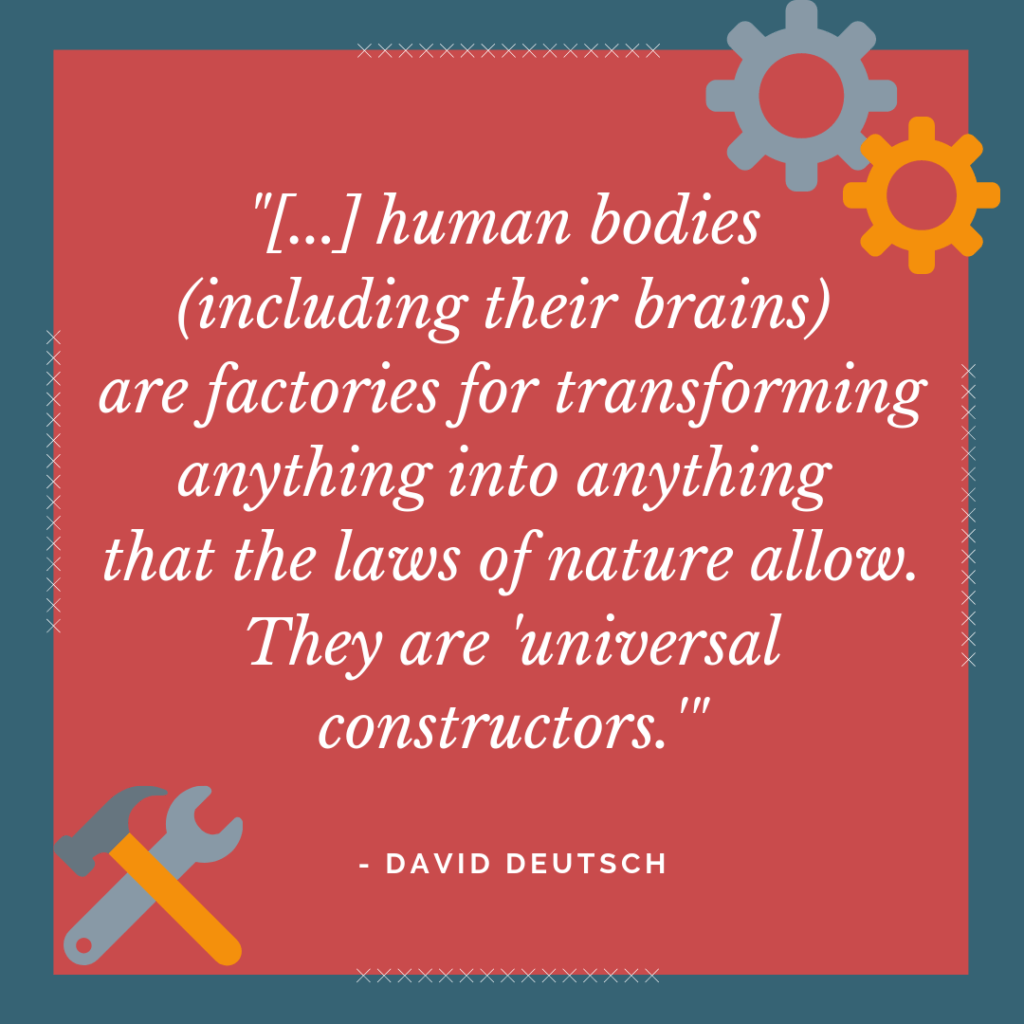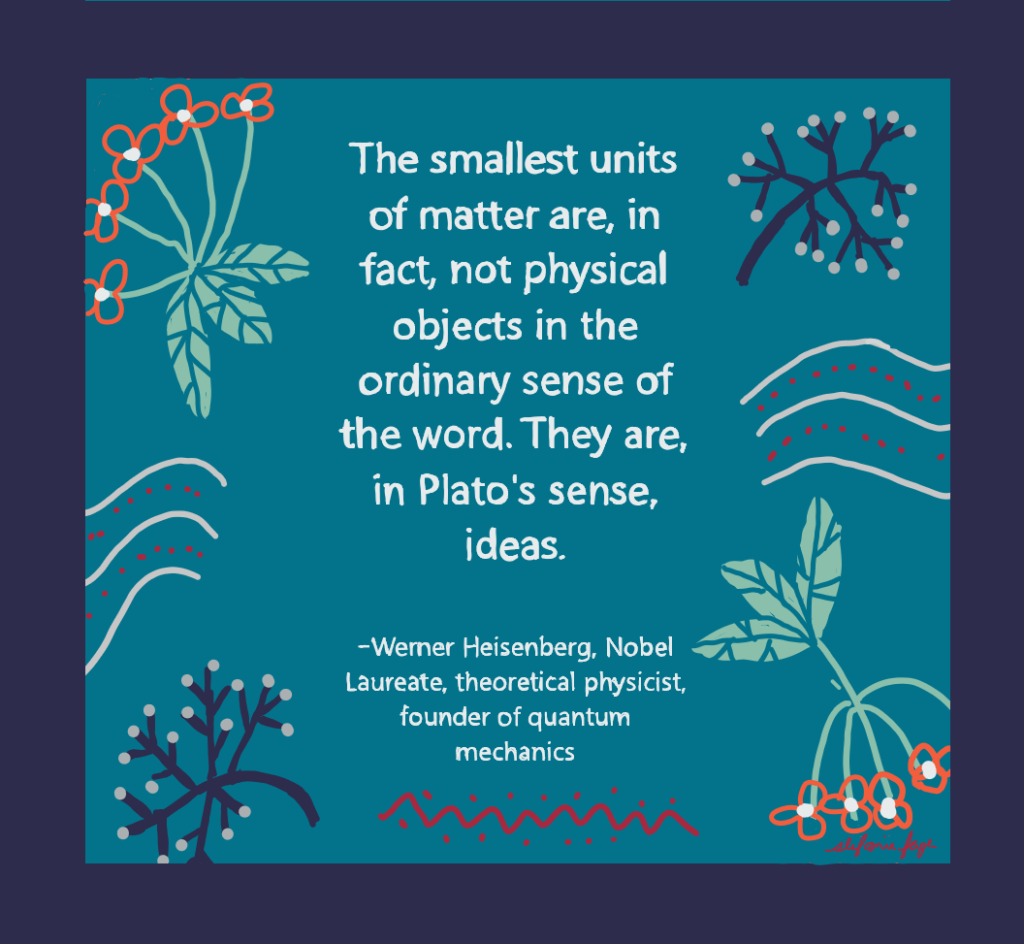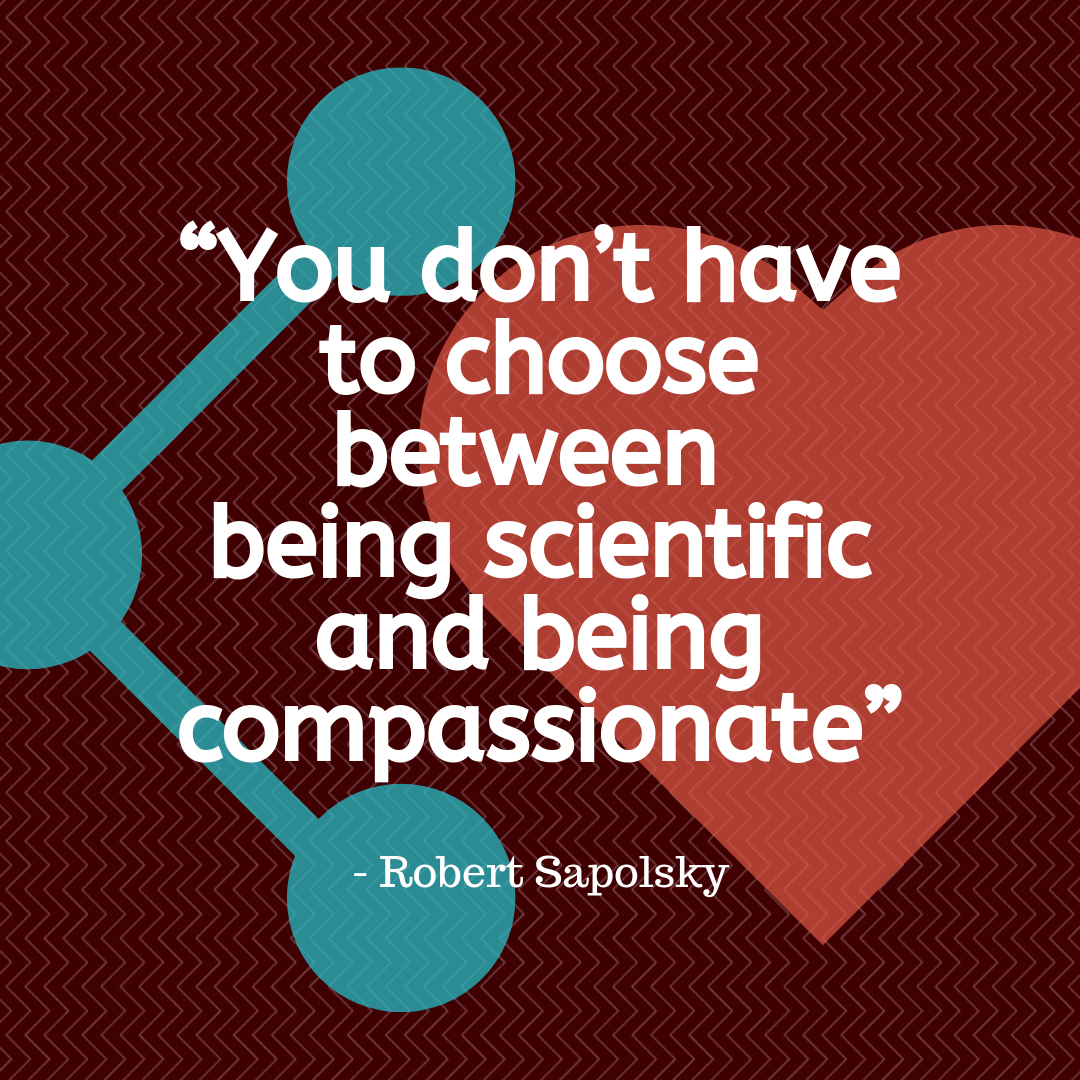
The Mindset Neuroscience 2019 Reading List for Enhancing Human Potential
These books and articles changed me.
Everything listed here has had a profound effect on my understanding of the world and my role in it.
These authors, researchers and scientists have led me to a deeper, richer and more compassionate understanding of the human mind-brain-body system and how we can help ourselves and others tap into higher potentials.
This is a tiny fraction of the list I'd like to recommend, but I wanted to start somewhere. I've attempted to categorize these titles, although they actually all overlap!
On the Power and Nature
of the Human Mind
(related words: self-directed or top-down neuroplasticiy; mental force; "mind technologies")
Covered in Episode 1: the Neuroscience of Growth Mindset (newly revised 2019 version)
----
Life 3.0: Being Human in the Age of Artificial Intelligence by Max Tegmark
https://space.mit.edu/home/tegmark/
“Your synapses store all your knowledge and skills as roughly 100 terabytes’ worth of information, while your DNA stores merely about a gigabyte, barely enough to store a single movie download.” - Max Tegmark, Life. 3.0
-----
The Mind and the Brain: Neuroplasticity and the Power of Mental Force by Jeffrey M Schwartz
https://jeffreymschwartz.com/books/
“A groundbreaking work of science that confirms, for the first time, the independent existence of the mind–and demonstrates the possibilities for human control over the workings of the brain.”
-----
Train Your Mind, Change Your Brain by Sharon Begley
http://www.sharonlbegley.com/books
Is it really possible to change the structure and function of the brain, and in so doing alter how we think and feel? The answer is a resounding yes. In late 2004, leading Western scientists joined the Dalai Lama at his home in Dharamsala, India, to address this very question–and in the process brought about a revolution in our understanding of the human mind.
-----
The Beginning of Infinity by David Deutsch
"[...] human bodies (including their brains) are factories for transforming anything into anything that the laws of nature allow. They are 'universal constructors.'"- David Deutsch, the Beginning of Infinity, p. 59.
-----
Re-mapping with nonmusicians through imagination and visualization - study by Alvaro Pascual-Leone at Harvard;
http://tmslab.org/aboutus-faculty-pascual-leone.php
This study is cited in the Time magazine article, "How the brain re-wires itself: Not only can the brain learn new tricks, but it can also change its structure and function--even in old age" by Sharon Begley
On the Experience-Dependent
Nature of the Brain
(aka., genes don’t tell the whole story; how stress impacts brain functioning and architecture, why growth mindset is neurologically more accurate than fixed mindset)
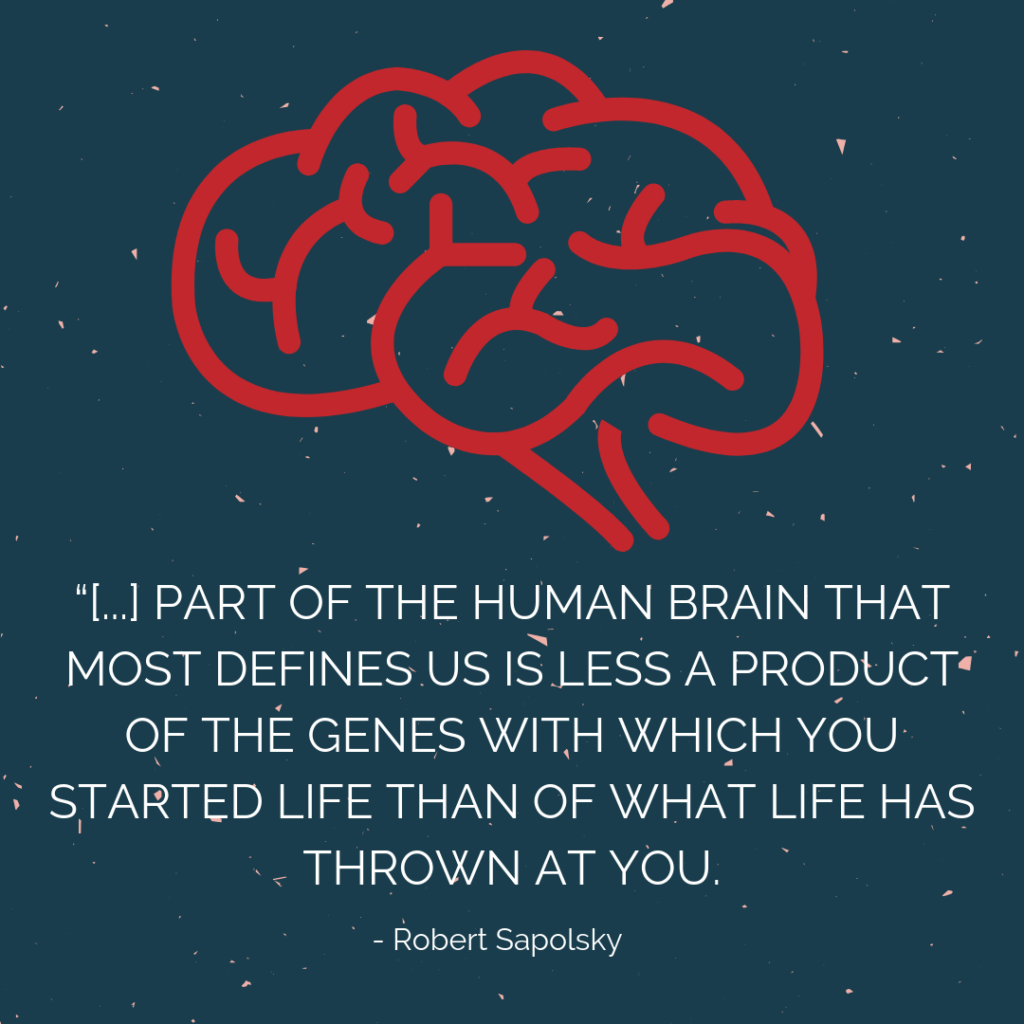
Key phrases:
“Experience builds brain architecture”
‘the brain is like a muscle that grows according to how it is used’
Covered in Podcast Episode 1: Neuroscience of Growth Mindset
------
Behave by Robert Sapolsky
https://profiles.stanford.edu/robert-sapolsky
“[...] acute stress strengthens connectivity between the frontal cortex and motoric areas, while weakening frontal-hippocampal connections; the result is decision making that is habitual, rather than incorporating new information.” - page 142
“[...] part of the human brain that most defines us is less a product of the genes with which you started life than of what life has thrown at you. Because it is the last to mature, by definition the front cortex is the brain region least constrained by genes and most sculpted by experience.” - page 173, from the chapter entitled Adolescence, or, Dude, Where’s my Frontal Cortex?
------
[Key concept: Back to front development]
"Dynamic mapping of human cortical development during childhood through early adulthood" by Gogtay et. al.
https://www.ncbi.nlm.nih.gov/pmc/articles/PMC419576/
“Cortical gray matter development appears to follow the functional maturation sequence, with the primary sensorimotor cortices along with frontal and occipital poles maturing first, and the remainder of the cortex developing in a parietal-to-frontal (back-to-front) direction.
[...] These studies reveal that “ (i) higher-order association cortices mature only after lower-order somatosensory and visual cortices [...], and (ii) phylogenetically older brain areas mature earlier than newer ones.This concept ( ‘back to front development’) is covered in Podcast Episode 1 (new 2019 version!)
-------
Harvard Center on the Developing Child
https://developingchild.harvard.edu/science/key-concepts/
“Healthy brain architecture depends on appropriate input from a child’s senses and stable, responsive relationships with caring adults. If an adult’s responses to a child are unreliable, inappropriate, or simply absent, the developing architecture of the brain may be disrupted, and subsequent physical, mental, and emotional health may be impaired.”
Key Concepts:
- Toxic Stress (versus Healthy and Tolerable Stress)
(covered in Podcast Episode 2: psychological safety and the vagus nerve) - Executive Function and Self-Regulation
(covered in Podcast Episode 4 (executive function and purpose) and Episode 5 (self-regulation) - Serve and Return interactions shape brain architecture
(covered in Podcast Episode 1: the neuroscience of growth mindset)
----------
Life 3.0: Being Human in the Age of Artificial Intelligence by Max Tegmark:
https://space.mit.edu/home/tegmark/
“Life 1.0”: life where both the hardware and software are evolved rather than designed. You and I, on the other hand, are examples of “Life 2.0”: life whose hardware is evolved, but whose software is largely designed. By your software, I mean all the algorithms and knowledge that you use to process the information from your senses and decide what to do [..]” - Max Tegmark, Life 3.0
Brain-Body Connection, Self-Regulation, “Embodied Cognition”, Trauma & Healing
Moving away from our ‘mental concepts’ of the mind, and acknowledging the wisdom of the body & senses
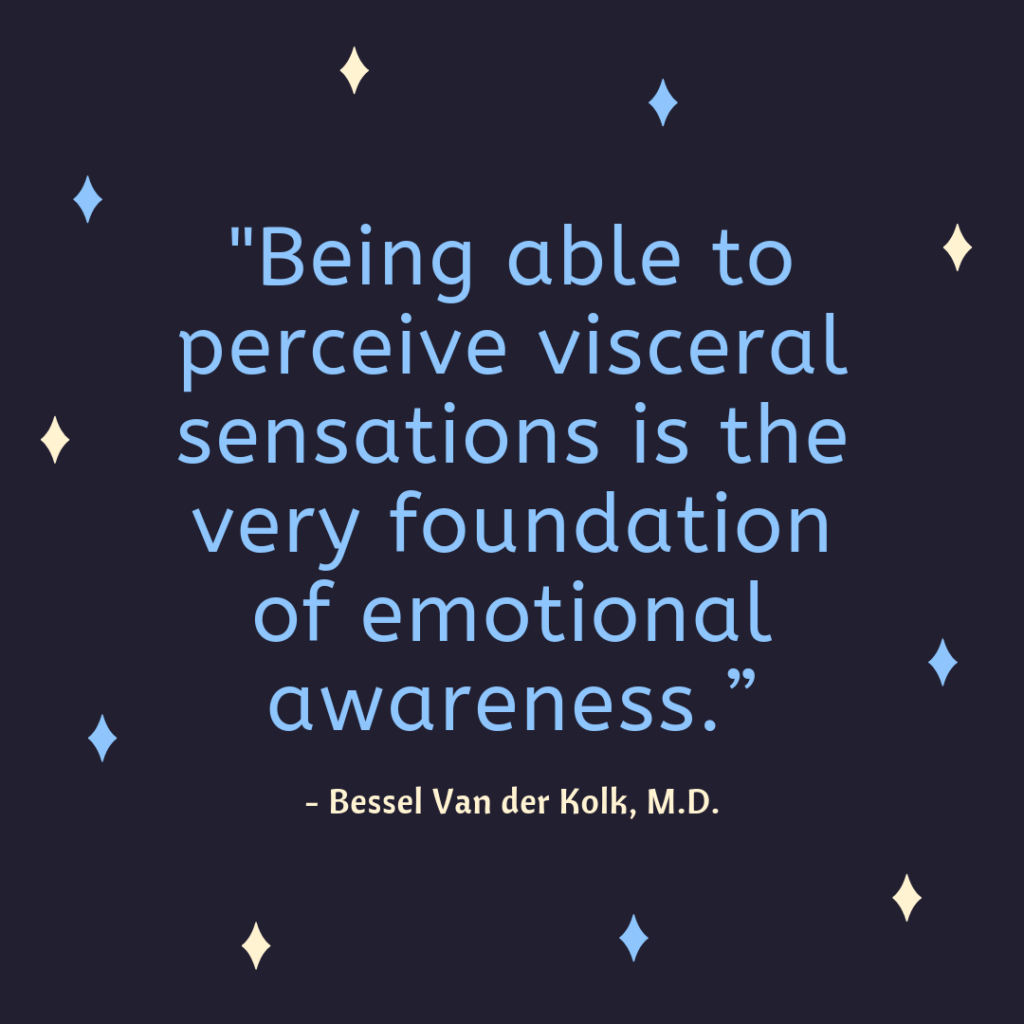
and Podcast Episode 2: Psychological Safety, Resilience & the Vagus Nerve
Article: The Body is the Bridge
-----
The Body Keeps the Score by Bessel Van der Kolk
“Language evolved primarily to share “things out there”, not to communicate our inner feelings, our interiority. [...] We can get past the slipperiness of words by engaging the self-observing, body-based self system, which speaks through sensations, tone of voice, and body tension. Being able to perceive visceral sensations is the very foundation of emotional awareness.” - Bessel Van Der Kolk, The Body Keeps the Score, page 240
--------
Article: "The Infant's Sixth Sense: Awareness and Regulation of Bodily Processes" by Stephen Porges
"We have learned that humans have five primary sense modalities: smell, vision, hearing, taste and touch [...] However, this traditional method of categorizing sensory information does not account for the vast amount of sensory information being conveyed to the brain from the numerous sensors located inside our body..." - Stephen Porges
https://www.stephenporges.com/articles
-----
The Strange Order of Things by Antonio Damasio
https://www.antoniodamasio.com/
"Feelings can annoy or delight us, but that is not what they are for [...]. Feelings are for life regulation, providers of information concerning basic homeostasis or the social condition of our lives." Damasio p 139
The difference between feelings and emotions is covered in Podcast Episode 5, Self-Regulation: the remarkable skill that will make you a better human.
---------
The Pocket Guide to the Polyvagal Theory by Stephen Porges
"It's not merely that we can't be loving or creative when we're scared; we can't heal." -Stephen Porges, the Pocket Guide to the Polyvagal Theory, page 101
The Polyvagal theory and the connection between facial expressions and stress is covered in Podcast Episode 2: Psychological Safety and the Vagus Nerve
-----
"Longitudinal Analysis of Psychological Resilience and Mental Health in Canadian Military Personnel Returning From Overseas Deployment" by Jennifer E. C. Lee, Kerry A. Sudom, and Mark A. Zamorski
https://pdfs.semanticscholar.org/14e0/71924e96f2dbfbe046c1a31888636e44bf5d.pdf
"[...]results emphasized the protective nature of conscientiousness, emotional stability, and positive social interactions"
Quantum Physics in Neuroscience and Psychology
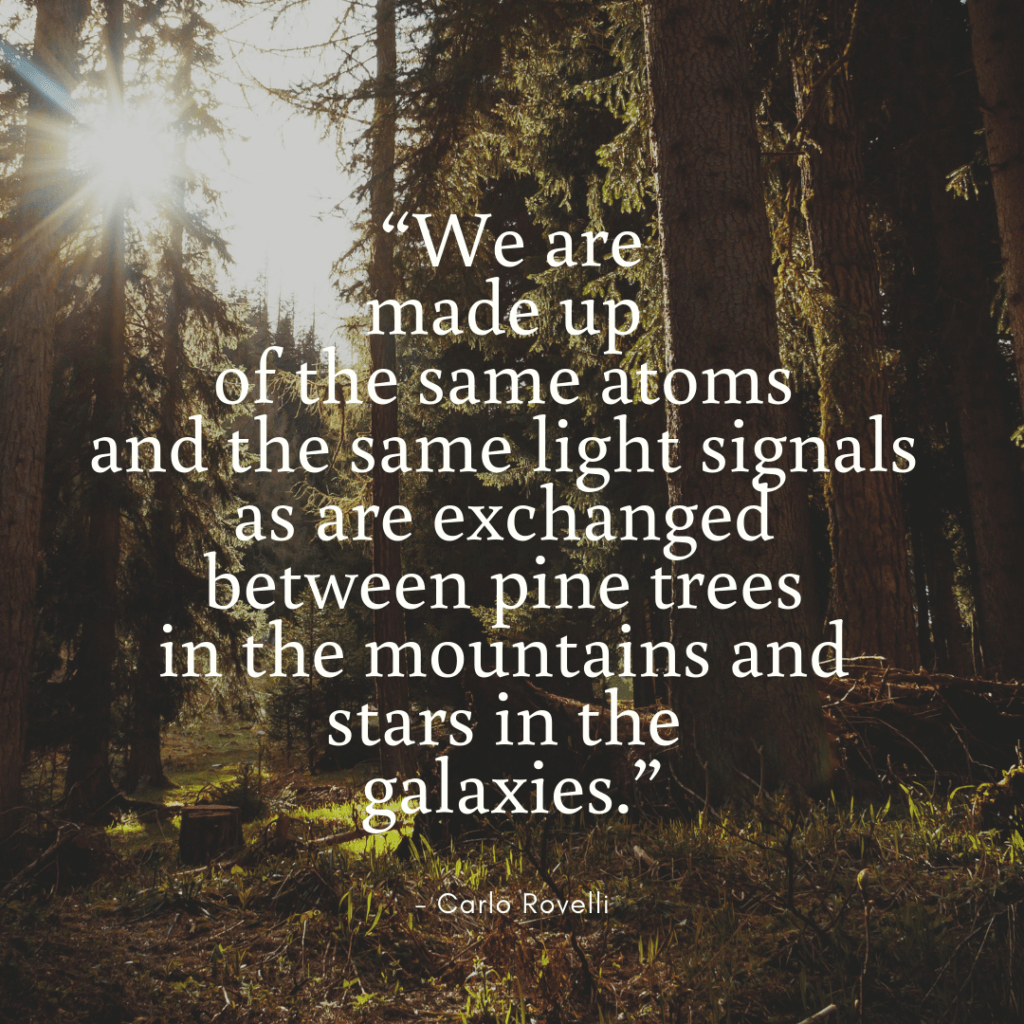
“Quantum Physics in Neuroscience and Psychology: A Neurophysical Model of Mind-Brain Interaction” by Jeffrey M. Schwartz, Henry P. Stapp, Mario Beauregard. Royal Society Publishing - Philosophical Transactions B, Biological Sciences
https://www.ncbi.nlm.nih.gov/pmc/articles/PMC1569494/
"There is a growing recognition of the theoretical importance of applying experimental paradigms that use directed mental effort to produce systematic and predictable changes in brain function.
[...] contemporary physics allows the data from the rapidly emerging field of self-directed neuroplasticity to be described and understood in a way that is more rationally coherent, scientific and useful than what is permitted by theories in which all causation is required to be fundamentally mechanical."
This paper is one of the reasons I went into neuroscience!
-----
Reality is not what it seems by Carlo Rovelli
http://www.cpt.univ-mrs.fr/~rovelli/
https://www.npr.org/sections/13.7/2017/02/01/512798209/reality-is-not-what-we-can-see
“The atoms of our body, as well, flow in and away from us. We, like waves and like all objects, are a flux of events; we are processes, for a brief time monotonous” - Carlo Rovelli
-----
Article: "The Science We Need to Hear in These Times of Divisiveness" by Stefanie Faye Frank
stefaniefaye.com/articles/science-we-need-to-hear
On the Importance of Sound:
What we hear may be more important than what we see..
Sound and sound awareness are critical to reading & learning as well as detecting emotions in others
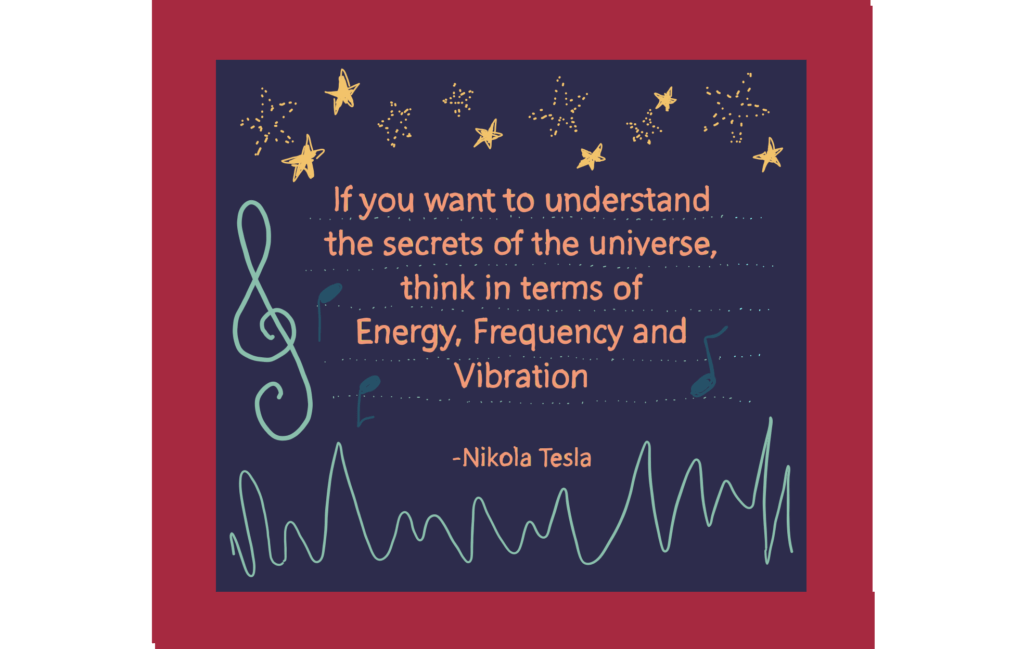
Covered in Podcast Episode 2 (newly revised May 2019 version): The importance of baby-talk
Article: Are we better at 'hearing emotions' than seeing them?
-----
Research Study: "Voice-only communication enhances empathic ability" by Michael Krauss
-----
Why our children can’t read by Patricia McGuiness; foreword by Stephen Pinker
https://mitpress.mit.edu/contributors/diane-mcguinness
“For many poor readers, their inadequate skill has been caused directly by bad methods. [...] “dyslexia” simply means “reading poorly” and has no valid diagnosis. - page 281.
--------
I can Hear Your Whisper: An Intimate Journey through the Science of Sound and Language by Lydia Denworth
https://lydiadenworth.com/books/i-can-hear-you-whisper/overview/
“As I grappled with the complex collisions between the emerging field of brain plasticity, the possibilities of modern technology and the changing culture of the deaf community, I gained a new appreciation of the exquisite relationship between sound, language and learning. It became clear that Alex’s ears—and indeed everyone’s—were just the beginning. Hearing, through sound, is inextricably linked to language and through language to literacy.” - Lydia Denworth
-------
Thirty million words by Dana Suskind
https://tmwcenter.uchicago.edu/
“The brain, unlike any other organ, is pretty unformed when you're born, and it's completely dependent on this environmental input: parent talk. So that's why, in your first three years of life, you're basically building the foundation for all your thinking and learning through parent talk and interaction.” - Dana Suskind
In an interview with NPR, “The Surgeon Who Became an Activist for Baby Talk”
Also see: Combining behavioral economics and field experiments to reimagine early childhood education
Mindfulness, “Natural Intelligence”
and Non-Physical Energy
Podcast Episode 5: Self-Regulation
The intelligence of Nature is covered in Episode 11
-----
Intelligent Life and “Natural Intelligence Meta-Theory” - Jeddah Mali
“What if the mechanics that successfully create and sustain life on earth, are the clues for how to better run our lives, organisations and society?
"Natural intelligence is a new Meta theory that is just emerging, that aims to address some of the pressing issues of our time. The laws of existence offer us a fascinating insight into the underlying mechanics of life. They give us a fractal hypothesis that scales across the individual to global spectrum." - Jeddah Mali
Jeddah Mali is also a masterful meditation teacher.
-----
The Heart of the Buddha's Teaching: Transforming Suffering into Peace, Joy, and Liberation by Thich Nhat Hanh
https://thichnhathanhfoundation.org/
“Our breathing is a stable solid ground that we can take refuge in. Regardless of our internal weather–our thoughts, emotions, and perceptions–our breathing is always with us like a faithful friend. Whenever we feel carried away, sunken in a deep emotion, or scattered in worries and projects, we return to our breathing to collect and anchor our mind.” - Thich Nhat Hanh
-----
The Kybalion: A study of the Hermetic Philosophy of Ancient Egypt and Greece
"the axioms [...] describe the intelligence and characteristics of nature"
What Children Have to Teach Us
About the Mind and the Social World
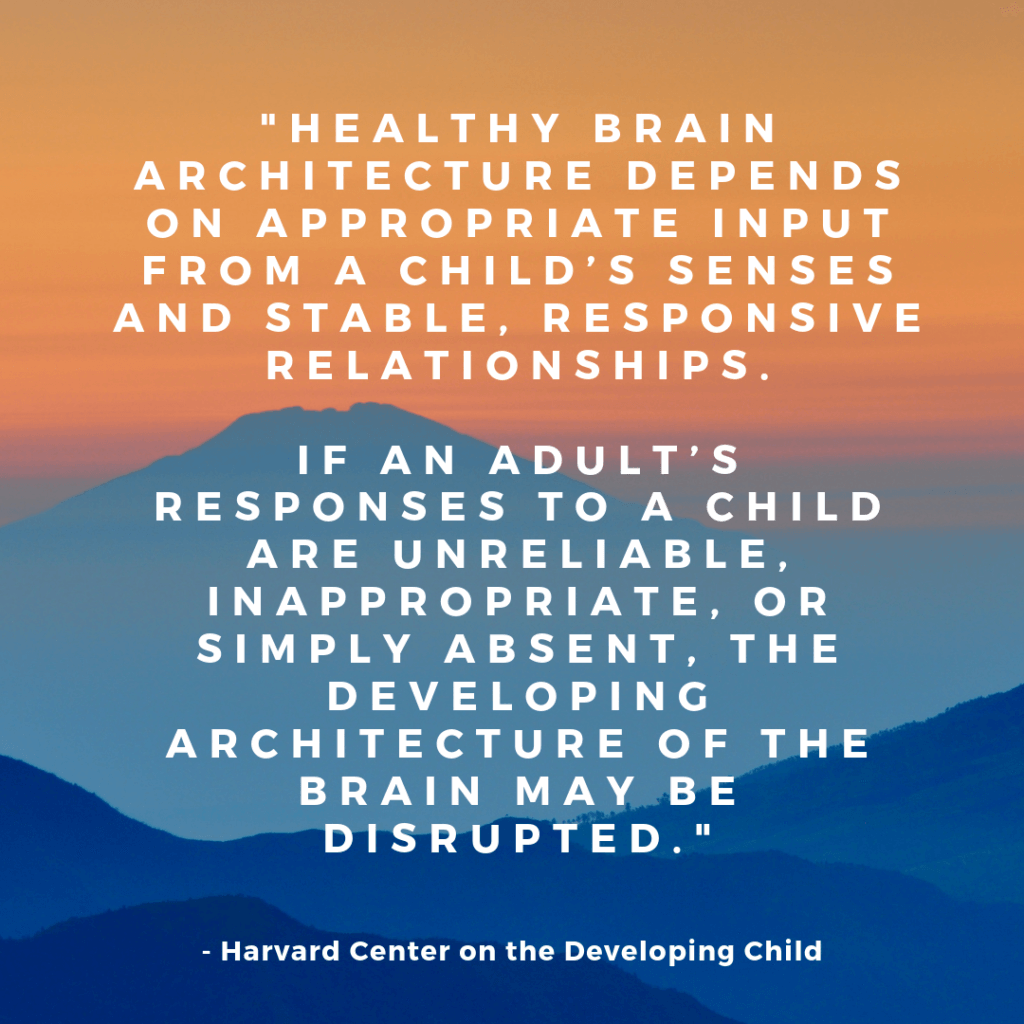
Navigating the social world: What infants, children and other species can teach us by Mahzarin Banaji and Susan Gelman (editors)
https://banaji.socialpsychology.org/publications
Mahzarin Banaji also has a wonderfully interesting website: https://outsmartinghumanminds.org/
-----
Article: "The Role of Generic Language in the Early Development of Social Categorization" by Marjorie Rhodes et al.
There are many enlightening articles on the Conceptual Development and Social Cognition Lab page
http://kidconcepts.org/publications
-----
The Scientist in the Crib: What Early Learning Tells Us About the Mind by Alison Gopnik, Andrew Meltzoff and Patricia Kuhl
The Philosophical Baby: What Children’s Minds Tell us About Truth, Love and the Meaning of Life by Alison Gopnik
-----
“Making Sense of Kids” training by Gordon Neufeld
"Resilience, it turns out, requires us to take an emotional journey – a trip, as it were, through the metaphorical seasons of an emotional Fall, Winter, and Spring. The secret of the emotional bounce-back is in the emotional let-down that precedes it. We only lighten up once the heaviness has been somewhat embraced. Our challenge, therefore, is in the preparation for this journey, as well as in giving the support it requires. - Gordon Neufeld in his article, “Could you bounce back?”
Stereotype Threat, 'Essentialist Thinking'
and 'Critical Hope'
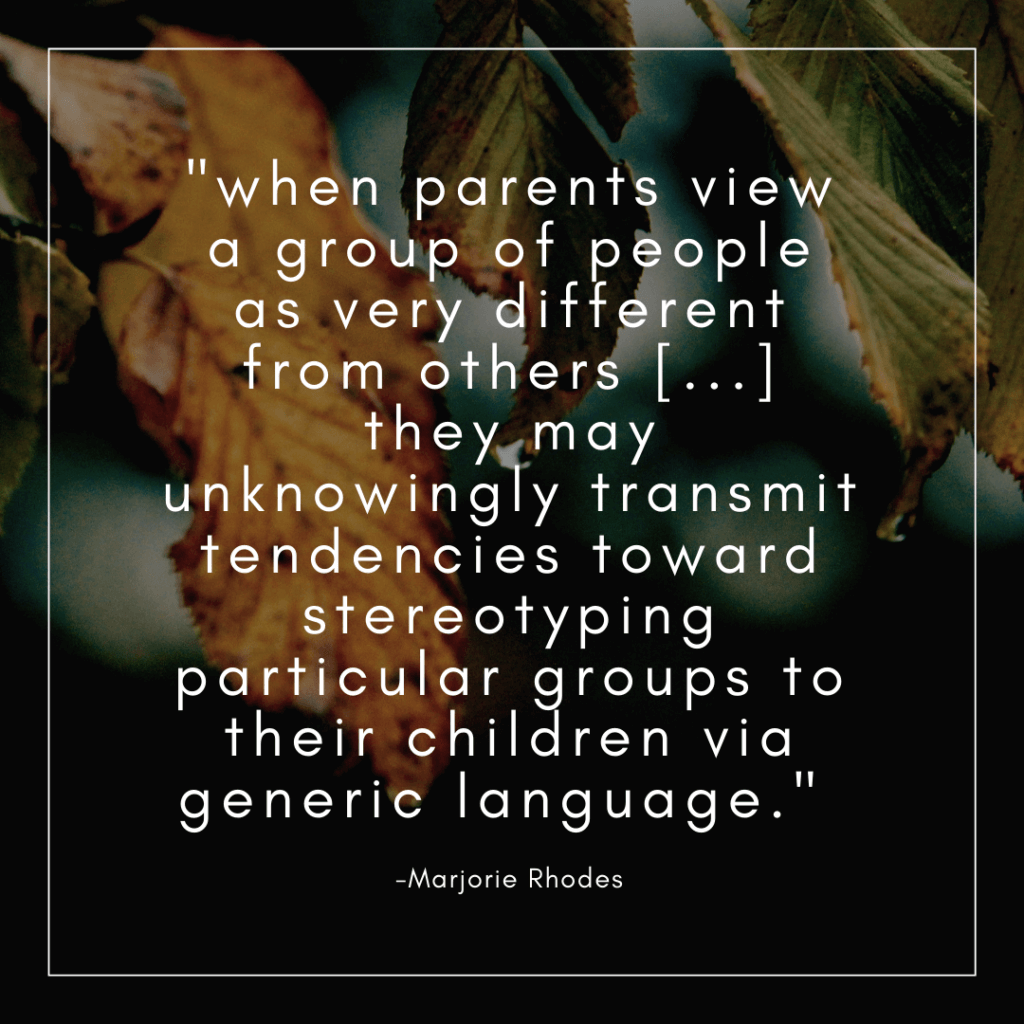
Covered in Episode 7: How fixed mindset leads to stereotype
-----
Article: "What a Loaded Generalization: Generics and Social Cognition" by Daniel Wodak, Dr. Sarah-Jane Leslie and Dr. Marjorie Rhodes
http://kidconcepts.org/publications
"Why is the essentialization of social kinds harmful? Part of the answer concerns how we see others. When a social kind is highly essentialized, its members are more likely to have diminished social status, and be subjected to prejudiced attitudes [...]. This stands to reason: whoever they are, they are implicitly or explicitly believed to be fundamentally different from us. After all, they have a distinctive inherent nature [...]"
"Essentialist beliefs seem to undergird a fixed or entity theoretic conception of abilities; the conception of certain demanding tasks as requiring inherent, natural talents, rather than hard work and incrementally acquired traits. When individuals adopt a fixed conception of abilities they are more likely to underperform in, or just avoid, challenging activities; failures are taken to be evidence of immutable shortcomings [from Dweck, Mindset (2006)].
-----
Article: "How Generic Language Leads Children to Develop Social Stereotypes" by Marjorie Rhodes
"[...] when parents view a group of people as very different from others, they are more likely to produce generics to talk about the group with their children. Hearing these generics then prepares children to develop stereotypes about those groups. In this way, parents may unknowingly transmit tendencies toward stereotyping particular groups to their children via generic language." - Marjorie Rhodes
-----
“Reducing the effects of stereotype threat on African American college students by shaping theories of intelligence”. by Joshua Aronson, Carrie B. Fried and Catherine Good
[...] students in the experimental condition of the experiment were encouraged to see intelligence as a malleable rather than fixed capacity. This mind-set was predicted to make students' performances less vulnerable to stereotype threat [...] Results were consistent with predictions. The African American students (and, to some degree, the White students) encouraged to view intelligence as malleable reported greater enjoyment of the academic process, greater academic engagement, and obtained higher grade point averages than their counterparts in two control groups." - Aronson et al.
-----
Whistling Vivaldi by Claude Steele
https://www.ocf.berkeley.edu/~claudesteele/
-----
“Reimagining Critical Race Theory in Education: Mental Health, Healing, and the Pathway to Liberatory Praxis” by Ebony O. McGee and David Stovall
https://onlinelibrary.wiley.com/doi/abs/10.1111/edth.12129
-----
“The Social Justice Turn: Cultivating “Critical Hope” in an Age of Despair” by Kari M. Grain & Darren E. Lund
http://dx.doi.org/10.3998/mjcsloa.3239521.0023.104
Technology, Addiction and Artificial Intelligence
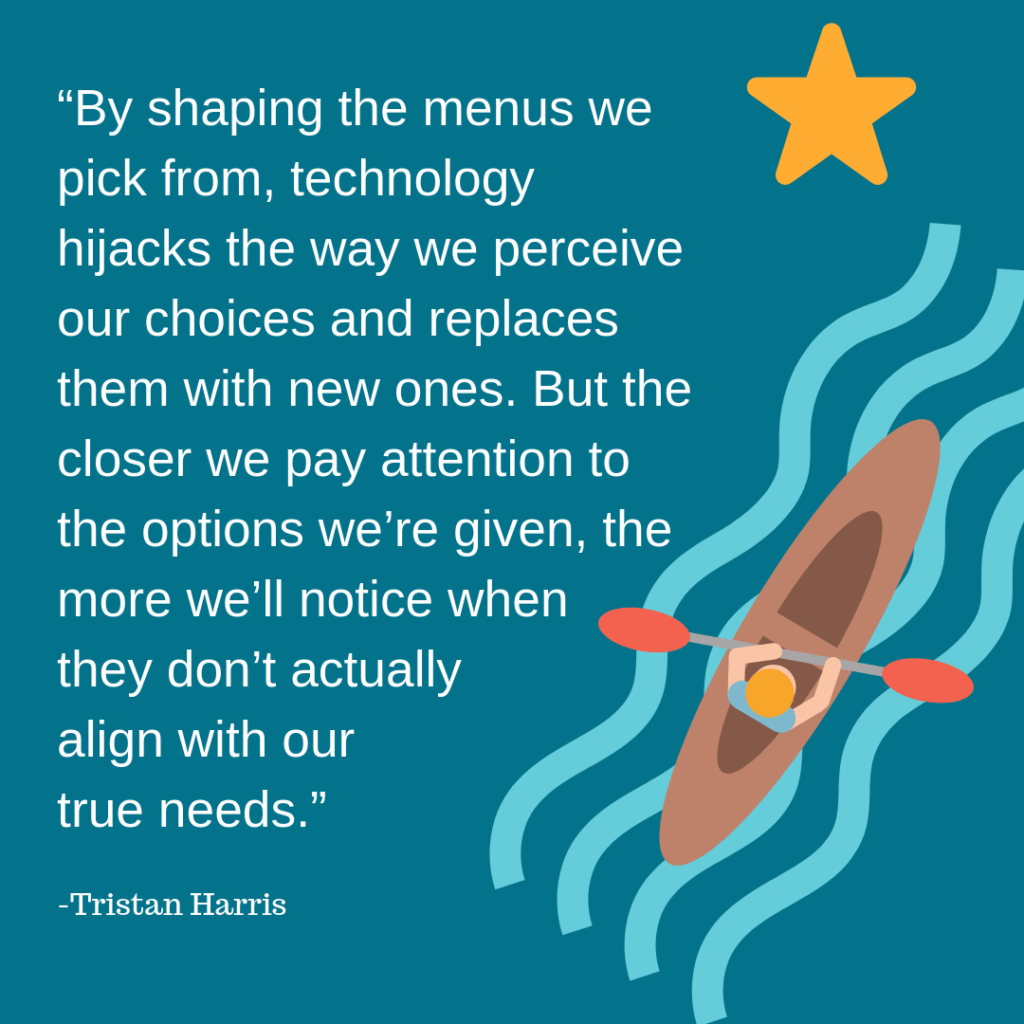
Tech and Tech addiction will be covered in an upcoming article and revised Podcast Episode - Summer 2019
-----
Video: “How Humans Get Hacked” with Yuval Noah Harari and Tristan Harris
https://video.wired.com/watch/yuval-harari-tristan-harris-humans-get-hacked
Article, “Tech is Downgrading Humans” by Tristan Harris
https://www.wired.com/story/tristan-harris-tech-is-downgrading-humans-time-to-fight-back/
Tristan Harris is the co-founder of the Center for Human Technology - highly recommend checking this resource out. https://humanetech.com/
-----
“Less Wrong” blog by Eliezer Yudkowksky
Writes on human rationality, the intelligence explosion and “friendly AI”
An interesting note about Eliezer is he has no formal secondary education, never having attended high school or college. He is now a full-time Research Fellow at the Machine Intelligence Research Institute,
https://www.lesswrong.com/ and http://yudkowsky.net/
General Inspiration
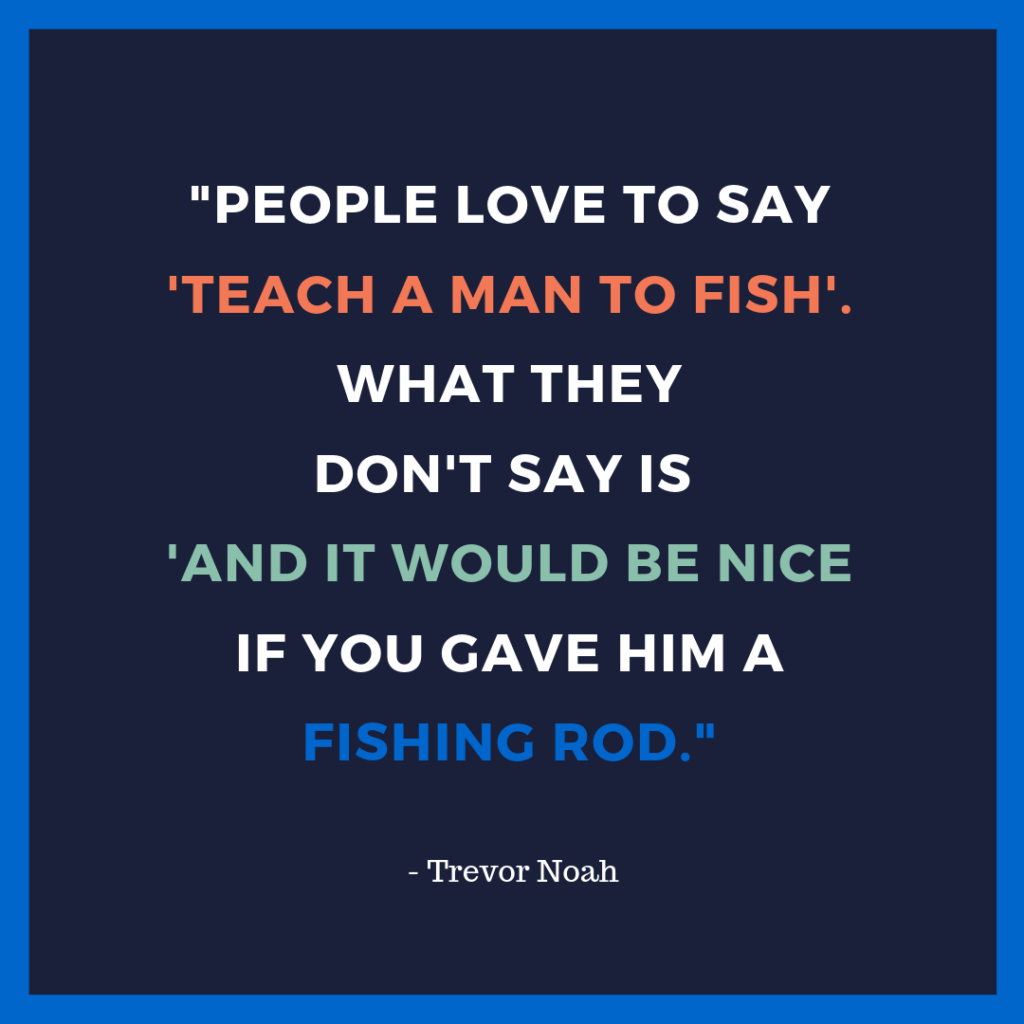
Born a Crime by Trevor Noah
https://www.trevornoah.com/store
"We tell people to follow their dreams but you can only dream of what you can imagine, and, depending on where you come from your imagination can be quite limiting."
"You do not own the thing the you love."
"We spend so much time being afraid of failure, afraid of rejection. But regret is the thing we should fear most. Failure is an answer. Rejection is an answer. Regret is an eternal question you'll never have the answer to."
-----
Long Walk to Freedom by Nelson Mandela
“No one is born hating another person because of the color of his skin, or his background, or his religion. People must learn to hate, and if they can learn to hate, they can be taught to love, for love comes more naturally to the human heart than its opposite.”
-----
The Invention of Wings by Sue Monk Kidd
https://suemonkkidd.com/books/
“To remain silent in the face of evil is itself a form of evil.”
“There's no pain on earth that doesn't crave a benevolent witness.”
